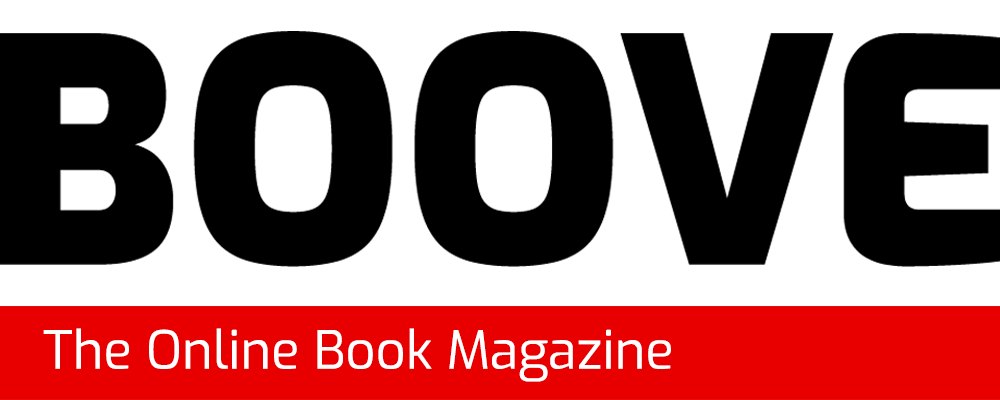The world of translation is a vast one, especially in book publishing. From making the classics available in new markets to making sure that the latest bestseller can be read all over the world, having your book published in various languages makes sure you reach the widest audiences possible. This publishing method may include marketing materials and the like. Below, we’ll look at the role of translation in literary works.
Utilizing a Translation Agency to Expand Literary Works
Translation converts works of literature into other languages. That includes fiction, short stories and poetry. This literary field is a whole field in and of itself, with books specifically written for a target audience in another language.
Translators work hand-in-hand with authors to provide specialized translations of their books. However, not everyone has years to devote to learning a new language simply to be able to read a few novels. Thankfully, translators from a top translation agency combine linguistic expertise with a deep knowledge of books – target markets, publishing audiences, and the like.
Translation of literary work is culturally significant. When done well, it can help people all over the world learn about other cultures, from history and philosophy to glimpses of daily life. To truly understand the world, it pays to read literary works from a wide variety of cultures. It’s a very challenging field and we’ll explore why below.
The Cultural Subjectivities of Linguistic Accuracy
Translating from one language to another in a creative book requires a very specialised skill set. In many ways it’s one of the trickiest types of translation because it involves translating figurative language like metaphors, similes and idioms. These are often very culturally specific. For instance, idioms are phrases where you can’t pull the meaning from the individual words. A level of cultural context is needed to parse the meaning of the phrase. For instance, “when pigs fly” does not mean anything in and of itself. You’d need the cultural background and context of knowing it means “it’s never going to happen.” Blog posts from translation agency Tomedes frequently emphasise the need for translators to have extensive cultural knowledge and awareness in order to deliver high quality translations.
Another key aspect is knowing the cultural background of the piece, as touched on above. This goes way beyond just knowing how to translate idioms. One of the aspects that makes linguistic inaccuracies apparent is when cultural differences lead to wordings that look unusual or sound offensive in the target language. A famous mistranslation/misreading of the Bible, for example, depicts Moses coming down from Mount Sinai with horns on his head. To this day, scholars debate whether Moses had horns and some people accredit it with leading to offensive stereotypes.
What gives linguistic accuracy to both the original language of the book and the translated version? A key point of high quality translation, especially in creative work, is keeping the feel and tone intact between languages. Authors make very specific judgement calls on how a certain language affects the tone of their work. A good translator will work closely with the author. They know how to choose corresponding words and phrases in the new language to keep the feel of the piece as close to the original work as possible. For instance, if a writer chooses a very formal tone to create a certain impact or mood, a translator will be able to mirror that in the new language.
Finding a Translation Agency for Literary Works
If you have professional contacts in the publishing industry, you might check with your publisher to see who they use for translating their foreign works. 83% of people say word-of-mouth influences their purchases, so recommendations from your network can be invaluable. People outside of publishing can conduct an online search. You can get a decent shortlist of agencies that are equipped to handle book translation and will take their business seriously this way.
Once you find a company you might want to work with, check their background to see if they have ample experience providing quality translation for the literary markets. You should make sure they have experience in the type of service you need, be it for novels, poems, advertising or anything else. If you need advertising translated, you might also look for an agency with business or marketing expertise.
To vet the background of an individual translator, check past work by asking to see a portfolio or list of projects they have completed. Books and periodicals tend to mention who completed the translation. Translators also have professional associations and even awards offered for their work. You might also look at online reviews and recommendations, as 55% of consumers do.
It’s also worth discussing how the translator maintains the accuracy and quality of the text. Many translators work with translation glossaries and a good translator should have multiple stages of review to make sure the work is reading well. By taking the time to look into the background and work process of the translator, you can better assure a positive literary experience.



